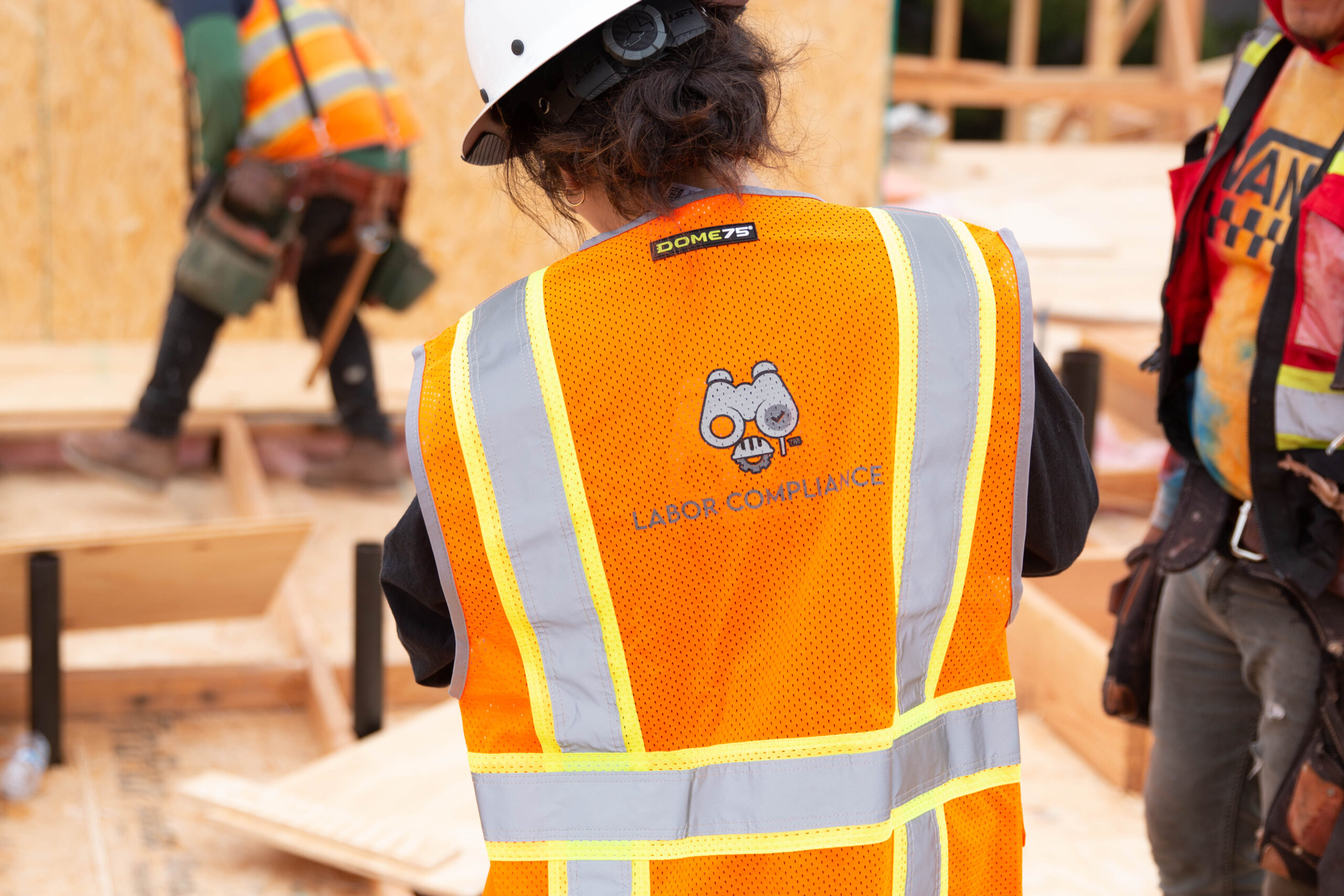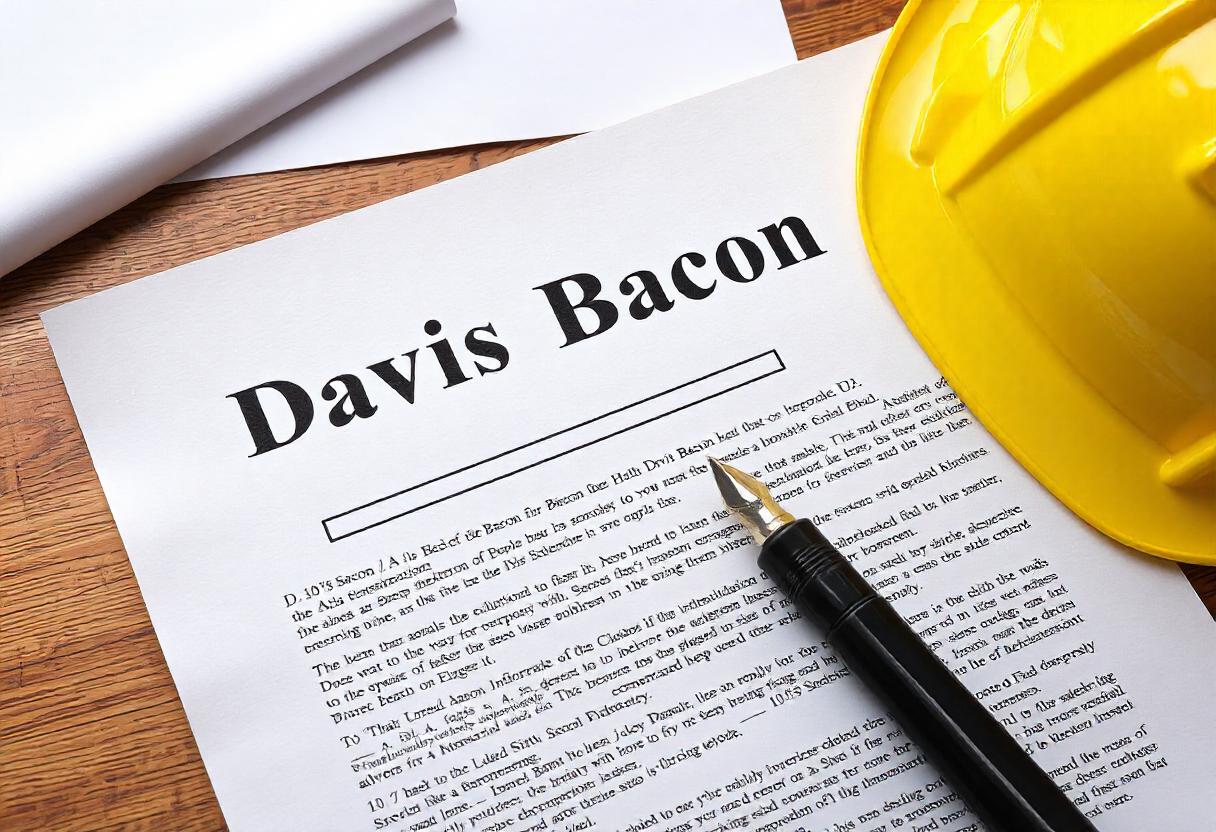The Contract Work Hours and Safety Standards Act (CWHSSA) is a vital legislation ensuring fair labor practices on federal construction projects. Enacted in 1962, the CWHSSA mandates overtime pay for laborers and mechanics working more than 40 hours per week on covered contracts. While the act aims to protect workers, contractors and subcontractors often encounter significant challenges in complying with its requirements, especially when dealing with complex projects. This blog explores these challenges and offers practical strategies for achieving compliance.
Understanding CWHSSA Requirements
CWHSSA mandates that contractors pay laborers, mechanics, guards, and watchmen one-half times their introductory rate for any hours worked beyond 40. Additionally, CWHSSA imposes liquidated damages for each day overtime compensation is not paid, presenting financial risks for non-compliance. Understanding these requirements and adhering to them is essential for avoiding penalties.
Compliance Challenges
1. Complex Project Structures
Federal projects often involve multiple subcontractors, each responsible for various aspects of the job. Ensuring that every party complies with CWHSSA can be difficult, especially when multiple layers of subcontractors exist. Prime contractors must ensure that each subcontractor knows and adheres to overtime pay requirements, a challenge in large, fragmented project structures.
2. Record-keeping and Payroll Management
CWHSSA requires the submission of weekly certified payroll records. Maintaining precise and timely records can be a logistical headache on large projects with numerous workers and varying schedules. Mistakes in payroll documentation or submission delays can lead to violations and trigger costly penalties.
3. Geographic and Site-Specific Considerations
CWHSSA applies to work performed on the “site of the work,” which covers both primary and secondary construction sites and adjacent support sites. Defining the boundaries of this “site” can be complex, particularly for projects spanning multiple locations. Misinterpreting these boundaries can easily lead to unintentional violations.
4. Coordination Among Multiple Stakeholders
Federal construction projects often involve many stakeholders—federal agencies, contractors, subcontractors, and labor unions—each with potentially differing interpretations of CWHSSA. Aligning all these parties to ensure compliance is a significant challenge. Effective communication and coordination are crucial for ensuring everyone stays on the same page.
Strategies for Achieving Compliance
1. Comprehensive Training Programs
Investing in training for project managers, payroll administrators, and subcontractors is crucial. Ensuring all parties are well-versed in CWHSSA requirements and best practices can help prevent violations. Regular training sessions also ensure stakeholders stay updated on any changes to the law.
2. Advanced Payroll Systems
Modern payroll systems are essential for managing the complexities of large projects. Automation can track hours worked, calculate overtime pay, and generate certified payroll reports. By automating these processes, contractors can minimize human error and ensure that records are submitted on time, avoiding compliance pitfalls.
3. Clear Contractual Agreements
To safeguard against non-compliance, prime contractors should include explicit CWHSSA compliance clauses in contracts with subcontractors. These clauses should outline responsibilities under the act and the consequences of non-compliance, helping to ensure accountability from the beginning.
4. Regular Audits and Inspections
Regular audits of payroll records and on-site inspections can help identify and address compliance issues before they escalate. This proactive approach allows contractors to ensure that CWHSSA requirements are met consistently throughout the project.
5. Effective Communication Channels
Establishing clear and open communication between all project stakeholders is critical to quickly identifying and resolving compliance issues. Regular meetings, updates, and streamlined communication channels ensure everyone is aligned, preventing misunderstandings that could lead to non-compliance.
The Role of Labor Compliance CA, LLC
One effective strategy for compliance with CWHSSA and other labor laws is to partner with a third-party labor compliance consultant, such as Labor Compliance CA, LLC. Located in the heart of Los Angeles, Labor Compliance CA, LLC is a leading provider of labor compliance consulting services and offers a comprehensive range of solutions, including:
- Labor Compliance Documentation Assistance
- PLA/Local Hire Coordination
- Apprenticeship Utilization
- Project Onsite Interviews
- Prevailing Wage Monitoring and Enforcement
- HUD Section 3 Utilization
Labor Compliance CA, LLC has overseen multi-million-dollar construction projects and consulted on over 200 state and federal prevailing wage projects nationwide. Their expert team works alongside contractors and subcontractors to meet labor compliance needs, significantly reducing the risk of penalties.
By actively ensuring compliance with Section 3 requirements, Local Hire mandates, Apprenticeship Standards, and wage payments, Labor Compliance CA, LLC helps deliver projects that meet all regulatory standards. Labor Compliance CA, LLC also manages the distribution of project compliance documents, making project completion smoother and more efficient. Their successful implementation of HUD Section 3 Plans, Project Labor Agreements, and Skilled/Trained Workforce Utilization sets them apart as a top-tier compliance partner.
Consider booking a consultation with Labor Compliance CA, LLC, to streamline compliance and enhance your project’s success.
Conclusion
Complying with CWHSSA requirements, particularly on complex projects, can be challenging, but it is essential for protecting workers and avoiding costly penalties. Contractors can navigate these complexities and achieve compliance by investing in training, implementing advanced payroll systems, and fostering strong communication. Partnering with experienced labor compliance consultants like Labor Compliance CA, LLC can also help streamline the compliance process, ensuring smoother project execution and regulatory adherence.


